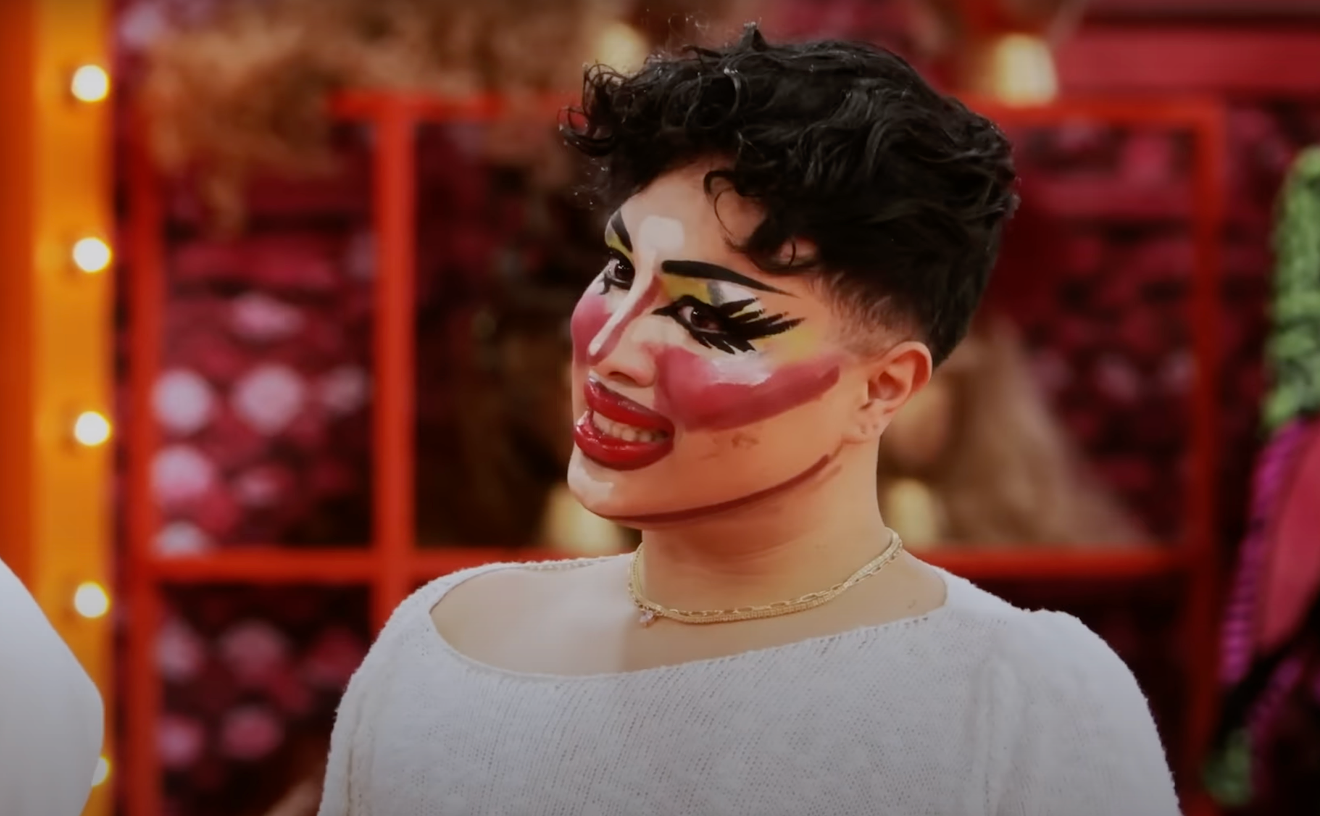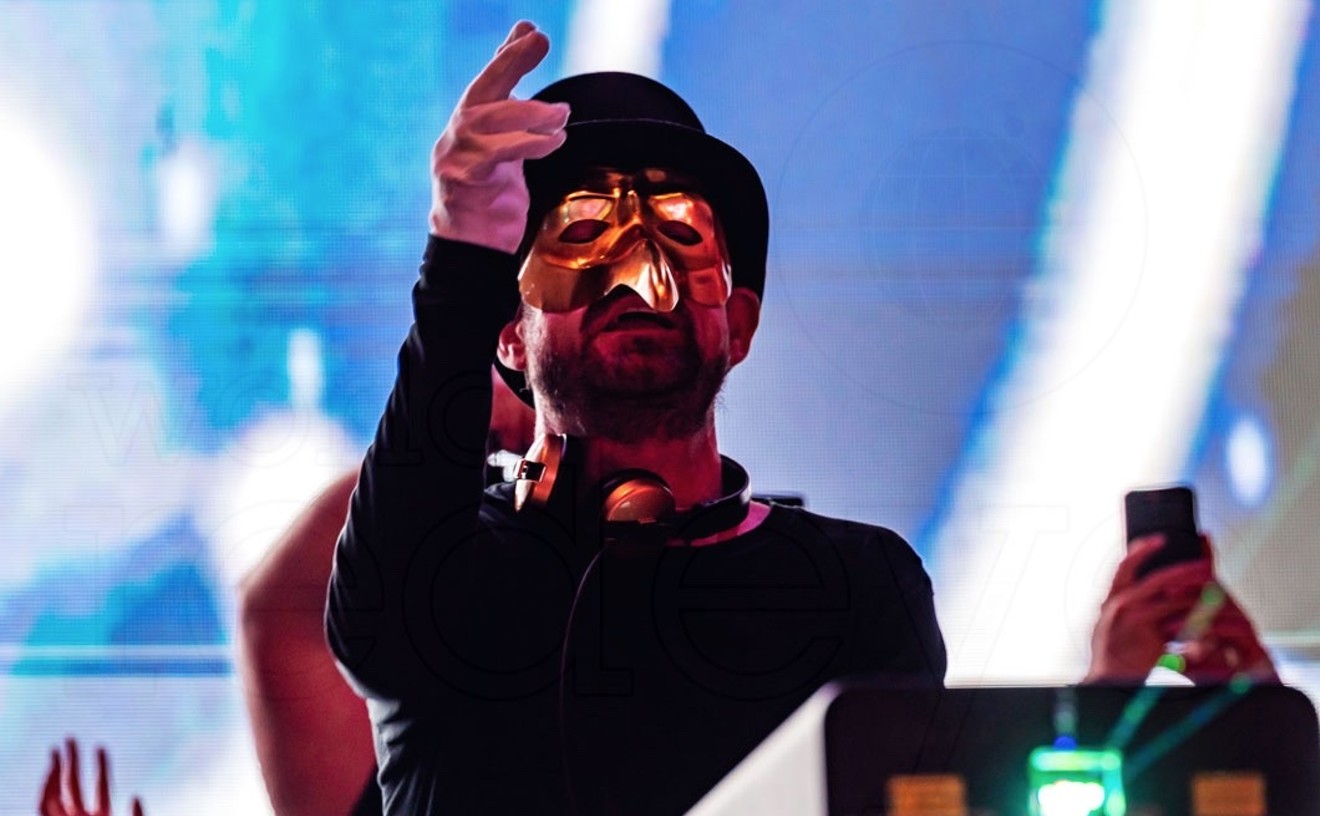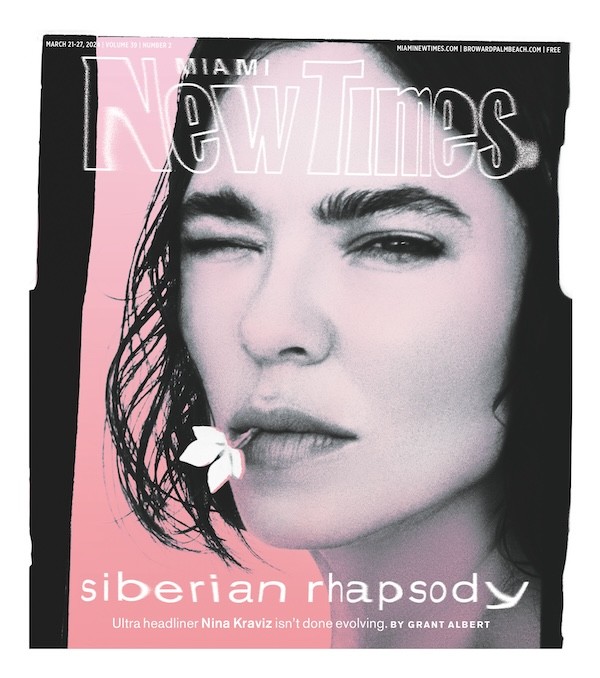When I saw that Bob Dylan had won the Nobel Prize last Friday, I fired off a quick, emotional tweet: “Without qualifications, Bob Dylan winning a Nobel for literature is dumb.” Dylan’s literary award was last Friday’s black-and-blue dress, and if you don’t immediately pick a side, are you really on the internet?
A couple of hours later though, I began wondering why I’d had such a visceral reaction to the news. After all, I love Dylan’s music. When I was in middle school, my cousin introduced me to “Rainy Day Woman #12 & #35,” and it was like someone had shown me the map to Dry Land. “Tangled Up in Blue” is one of the urtexts of my adolescence. I grieved a breakup in my early 20s solely via “Girl From the North Country.” Nowadays I run O, Miami, a poetry festival that has the mission to expose every single person in Miami to poems, and a major part of what we do is expanding the public’s definition of poetry. We do events that blend the borders of artistic genres all the time, mixing poetry with music, film, performance art, sculpture, and dance. "Nonpoets" such as Thurston Moore, Kool Moe Dee, and Megan Amram have all read at O, Miami. My entire curatorial philosophy is that if a project or event gets one new person to think about poetry, it’s worth doing.
So why am I so against giving Bob Dylan, arguably the greatest lyricist of the 20th Century, a Nobel Prize?
Two things about it bug me. First, I firmly believe music and literature are both better off as separate artistic genres. Second, I’ve read very few cogent pro-Dylan arguments, which makes me suspicious of his musical work as literature.
Here is a list of those arguments, and in the process of responding to them individually, I hope I explain my overall point about safeguarding genre distinctions.
Argument: Dylan is awesome!
I happen to agree with this opinion, but it’s just an opinion. It says nothing about whether Dylan’s work should be considered literature. One of my former editors at a newspaper said to me, by way of argument, that Dylan is the greatest artist of the 20th Century. I wouldn’t go that far, but even if we all agree he is, does that make his music literature? Should we give him the Pritzker Prize for architecture too? If you’re willing to redraw the lines for what is considered literature, you should probably have a reason other than “It’s Bob Dylan, man!” Are you OK with Bruce Springsteen winning a Nobel? Eddie Vedder? Kanye West? Taylor Swift? Or is it something about Dylan in particular that makes him exceptional, that transforms his music (and no one else’s, at least on this level) into literature?
Argument: Dylan’s lyrics deftly use an abundance of literary techniques.
For a lot of people, the fact that Dylan’s lyrics are literary necessarily makes them literature. Joyce Carol Oates tweeted something to this effect: “His haunting music and lyrics have always seemed, in the deepest sense, literary.” But “literary” in this case is a descriptive term, in the same way we say that some poems are musical, some novels are poetic, and some paintings are cinematic. We use these terms to better describe what makes a particular work of art compelling, not to question what kind of work of art it is.
Dylan is a great storyteller. That doesn’t mean “Hurricane” is a novel. In fact, in collapsing artistic genres, we flatten the important differences between them. Genres, after all, were not decided by a six-person committee of Swedes. They arose out of intelligent observation of the differences between types of expression. Pointing out the differences between things is exactly how we determine why they’re great. My fear is that in altering the definition of literature, we’re dumbing down our critical faculties and limiting the range of artistic human capability. Poems set to music are almost always a disaster because the techniques at work are not the same as in songwriting. These differences are a good thing. They make the world larger. Why are we so eager to shrink the range of human feeling for the sake of Bob Dylan?
Argument: Dylan’s lyrics draw on a range of literary influences, from Greek and Roman texts to English ballads.
Again, inspiration and structure are the not the same thing. Wu-Tang Clan incorporates a thousand clips and terms from classic kung-fu movies into their songs; that doesn’t make Enter the 36 Chambers a kung-fu movie. Much more than other artists, Dylan’s music is heavily inspired by literature; that might make him an interesting focal point for a class at Harvard, but it does not make his music literature. Ironically, the inclusion of lines from Ovid, folk songs, etc. make the opposite argument: it’s only in the musical arrangement of these found materials that they become beautiful. On their own, they don’t possess anywhere near the same effect.
Argument: Bob Dylan lyrics are heavily quoted in other works of art and literature.
This is a much better argument, and one that was haphazardly tossed off in Jon Pareles’s otherwise silly piece for the New York Times. If Dylan’s lyrics can worm out of their context within the songs and reappear inside works of literature only as words, then you have a much stronger case. It’s not enough to say, as Pareles does, that Dylan’s lyrics are “the envy of many a page writer.” These hypothetical writers are, like me, encountering Dylan’s lyrics as a part of his music, and in that context, who would not envy them? After I’ve heard the songs, asking me to consider the lyrics without the music is like asking me to admire Michael Jordan jumping in the air without the basketball court.
Side note: in making this argument, Pareles cites the lyrics of the song “Isis” and then days later had to add a correction: the song was in fact co-written by Jacques Levy. What makes the song unique is not its authorship; it’s the song’s musical arrangement and execution.
Argument: Music is literature.
Donald Justice, the Pulitzer-prize winning poet, was once asked about the similarities between poetry and music. Justice had more musical training than almost any other living writer: he was an accomplished pianist and studied with the great composer Carl Ruggles at the University of Miami. Justice responded adamantly that poetry and music had nothing whatsoever to do with one another, namely because a poem has no inherent pitch or timbre, and only a vague sense of its own rhythm.
If somehow in the future Dylan’s music is wiped off the face of the earth and an archaeologist discovers copies of his lyrics, how easy would it be to reconstruct the voice and instrumentation of Bob Dylan singing those words? It would be impossible in the same way that we cannot read Plato’s treatise on comedy. It’s not that some aspect of the work would be lost; the work itself would be lost. Truthfully, I don’t think any rational person is interested in Dylan’s lyrics minus the music. The loss is much different than, say, not being able to see Shakespeare’s original productions or hear John Keats reading Endymion, and because of that, there’s something essentially different in the type of art we’re encountering.
I remember hearing recordings of Sylvia Plath reading on the BBC long after I’d fallen in love with Plath, and they very nearly ruined the poems for me. Plath’s recorded readings are so stylized; in my head, the voice sounded so much larger, so much more mythic, as if no one person could ever speak them. The humanity of Plath’s voice actually reduced the scope of the work for me. On the other hand, imagine thinking Bob Dylan’s singing ruins “Subterranean Homesick Blues.” The way literary and musical texts are constructed have fundamental differences, differences to me that are worth preserving. (And by preserving, in this case, I mean recognizing at the highest levels of awards for their makers.) P.S. For a pretty great and concise run-down of Dylan’s win as a category error, see Ryu Spaeth’s post at The New Republic.
Argument: We should expand the definition of what is considered literature, and the Nobel for Dylan is a positive step in that direction.
This is the only argument for giving Dylan the Nobel Prize that makes any sense. Carolyn Kellogg outlined it best in The Los Angeles Times. Her argument is that literature needs to expand its sense of self in order to stay relevant. In the process, she makes a bad argument about high vs. low culture (more on that in a second), but her general thesis is sound: in today’s culture, words are found in other places besides books. (Never mind that this has always been true.) Some of the best writing happening today is undeniably found on HBO, Netflix, FX, Showtime, and Hulu. Most people don’t read the scripts to these shows, but they do experience the language in the same way a crowd at the Globe theater experienced King Lear, reasoning that one day perhaps students will have the Sparknotes edition of The Sopranos.
Even if you agree with Kellogg, in order to say that Dylan is literature I think you have to make the jump to the scenario that one day, not only will these lyrics will stand on their own, minus the music, but that they will be the principal way we appreciate Bob Dylan. Personally, I don’t think that will be the case – I think what makes Dylan such a great songwriter is inextricable from what makes him such a good musician (heard any good Dylan covers recently?), but the overall argument has merit. If we’re going to deconstruct the borders of genre, giving Bob Dylan the Nobel Prize is not the worst place to start.
Argument: Writers griping about Dylan winning the award is sour grapes.
Let me first say: writers are the worst. As a group, we’re as petty as any collection of humans you can devise. I deal with them on a regular basis, and some of them are more sensitive to perceived slights than Donald Trump. But the fact that the Nobel is widely recognized as the highest honor in literature, and it went to someone who no one considers principally a writer, is not insignificant. We view the Nobel as the ultimate capstone to a career in letters. Even if you think the process is flawed — six Swedes deciding the fate of the literary world — you can’t argue with the perception that the award creates, not to mention the financial windfall for the winner and his or her publisher. If you care about literature, why wouldn’t you care about who it is awarded to?
Art isn’t tennis. You can’t just devise a tournament to give one person the trophy. In the absence of objectivity, every award is a power struggle: who gets to be read, who survives the obliterating effect of history and for how long, in addition to: what do we value and why? This question seems especially pressing if, in choosing a particular person for the award, the committee seems to be altering the qualifications for winning the award, and, potentially, the very definition of your artistic genre. To not have a strong opinion about that seems to me to be at best foolish and at worst ignorant.
Argument: Being anti-Dylan winning the Nobel is being an elitist (and/or attempting to police a boundary between high culture and low culture).
This is probably the stupidest argument of them all, and that’s why I’ve saved it for last. I saw a Dartmouth professor on Twitter gloat about Dylan’s Nobel as a strike against the elite. A Dartmouth professor! But the weirdest accusations of elitism toward Dylan’s Nobel detractors are coming from poets who seem to think the literary community is missing out on some kind of collective win by not claiming Dylan as one of our own. The natural extension of that argument, though, is that if it takes a songwriter to make poetry relatable, poetry itself must therefore be inherently elitist. (Some of these people, by the way, are the very same ones who will do an about-face and say that spoken word is not real poetry.) Do we as poets really have that low of a self-esteem? Are we ready to call Gwendolyn Brooks a high-culture elitist? Philip Levine? Juan Felipe Herrera? Do we really need to be rescued by a songwriter to have collective value?
Moreover, people are leveling this accusation on behalf of an artist who right now is playing on the overhead speakers of at least 1,000 Starbucks locations and who has his very own class at Harvard. If the Nobel committee had decided to give the literature award to J. K. Rowling and writers bitched about it, you’d have a strong case in arguing that the essence of the gripe had to do with notions of high and low culture. But Dylan? He might have been counter-culture in 1960, but in 2016, he’s the patron saint of white male artists in cardigans. Show me a Goldman Sachs executive, and I’ll show you a man who has a nuanced opinion on the best Dylan album. Point being: this was not a radical decision by the Nobel committee. In terms of pleasing the establishment, it was the safest choice they possibly could have made,
Finally, I just want to say, arguments aside, Bob, if you’re reading this, give me a call. I’d love for you to be the headliner at my poetry festival.
P. Scott Cunningham is the founder and director of O, Miami and the executive editor of Jai-Alai Books. He lives in Miami with his wife, daughter, and Chihuahua. More of his dumb opinions can be found at cargocollective.com/pscott.
[
{
"name": "Air - MediumRectangle - Inline Content - Mobile Display Size",
"component": "19274298",
"insertPoint": "2",
"requiredCountToDisplay": "2"
},{
"name": "Editor Picks",
"component": "17482312",
"insertPoint": "4",
"requiredCountToDisplay": "1"
},{
"name": "Inline Links",
"component": "18711090",
"insertPoint": "8th",
"startingPoint": 8,
"requiredCountToDisplay": "7",
"maxInsertions": 25
},{
"name": "Air - MediumRectangle - Combo - Inline Content",
"component": "17482310",
"insertPoint": "8th",
"startingPoint": 8,
"requiredCountToDisplay": "7",
"maxInsertions": 25
},{
"name": "Inline Links",
"component": "18711090",
"insertPoint": "8th",
"startingPoint": 12,
"requiredCountToDisplay": "11",
"maxInsertions": 25
},{
"name": "Air - Leaderboard Tower - Combo - Inline Content",
"component": "17482313",
"insertPoint": "8th",
"startingPoint": 12,
"requiredCountToDisplay": "11",
"maxInsertions": 25
}
]










